
Dear readers,
For some time now, we have been receiving an increasing number of reports from sailing clubs that are celebrating their 100th anniversary. This year, these include the Brunsbüttel Sailing Association, the Warnemünde Sailing Club and the Norderney Sailing Club, to name but a few. 1924, 1925, 1926 - if you look at old association registers today, you will come across a veritable founding fever. And this has a very specific historical background: after the end of the First World War and the monarchy, there was a great longing for freedom, peace and community in Germany, as in many other countries. In addition, the Weimar Republic brought a democratic awakening - and sailing, until then a rather elitist pastime, became more accessible to the middle classes.
The 1920s were also a time of technical breakthroughs: smaller boats became more affordable and easier to build. Class boats and dinghies were created, ideal for training and regattas. Clubs were founded, jetties were built, people met to sail to and from races and repair weekends. Club life became the backbone of German sailing.
For decades, the sailing club was more than just a place to moor a boat: it was a home, a craft school and a social microcosm. Young people learned knots and camaraderie here, adults drank harbour coffees and negotiated jetty regulations and starboard rights. Sailing boomed in the 1960s to 1980s - with the economy came the boats. Almost every family had a member who did "something to do with sailing". Club regattas were popular festivals and volunteering was not a foreign concept.
And today? The coronavirus pandemic acted as a catalyst for sailing. Owning your own boat suddenly became a private holiday paradise, second-hand boats became scarce and apprenticeships were in demand. Thanks to YouTubers, Instagram logbooks and circumnavigators like Boris Herrmann, the sport is once again visible, young and cool. Sailing means: nature, freedom, adventure - and yes, lifestyle too.
But club life? Unfortunately, this is anything but hip for many young people. Membership applications? Board meetings? Working hours on the jetty? That puts many people off. Especially the young Generation Z, who are often accused of being unwilling to perform, of no longer wanting to make commitments and of being too little involved. Many clubs complain about ageing and a lack of young talent. The youth sections are shrinking, the club boat is only used sporadically and... no one is coming forward for the next chairman. The "golden generation" that built everything up is getting older - and sometimes a little tired.
However, club fatigue in Germany is not an entirely new phenomenon. "Every German in two clubs: This traditional formula no longer applies," writes the Foundation for Future Studies. While 62 per cent of Germans were still members of a club in 1990, today the figure is only 44 per cent. The modern leisure traveller wants to remain independent. City dwellers in particular are tired of clubs. Many people regard clubbing as staid and provincial.
Sailing clubs occupy a somewhat special position in the club landscape. Compared to bowling or shooting clubs, they have less to fight against a dusty image than, unfortunately, often against the elitist idea of a club. And unfortunately, the reality is that mooring prices are rising. Voluntary work is becoming more bureaucratic, and many families simply can no longer afford to sail - or don't even know that it is possible to do so cheaply and without their own boat - by joining a club.
People have much more free time today than they did 50 years ago. However, the increase in leisure time and the range of activities on offer only means that they want to be more individual and spontaneous. Try SUP this summer, kitesurfing next summer and maybe sailing again the summer after that - the motto seems to be: don't be tied down.
Yet this is exactly what would be so valuable today: binding commitment, supportive community, intergenerational exchange. Everything that has become rare in our fast-paced, often lonely world can still be found in sailing clubs.
100 years - no wonder that a little dust has collected in one corner or another. Perhaps some anniversary celebrations are an occasion for a major clean. Sailing clubs need to change without bending. Many are already actively doing this. New target groups are being addressed with modern communication, low-threshold membership models and taster programmes. Co-operations with schools, social institutions or environmental projects create new talent.
However, the solution cannot just lie in abolishing compulsory lessons and offering sporadic participation instead of compulsory membership. A "club bully" is a derogatory term used to describe someone who is "too involved" in their club. So perhaps voluntary work itself should be dusted off: more enjoyment in taking part. Projects instead of posts. Sharing responsibility instead of letting it fall on a few shoulders. The future of sailing clubs will be decided above all by people who are willing to do more than just hand out likes - but perhaps also sweep the clubhouse from time to time.
Jill Grigoleit
YACHT editor
Recommended reading from the editorial team

New podcast episode
Across the Müggelsee at 70 km/h in an ice sailing boat - with YACHT editor Fabian Boerger

In the 59th episode of YACHT - the sailing podcast, Timm Kruse welcomes editor Fabian Boerger, who reports on ice sailing on the Müggelsee.
Sailing drones
Efficient surveillance on the Baltic Sea - soon with weapons?
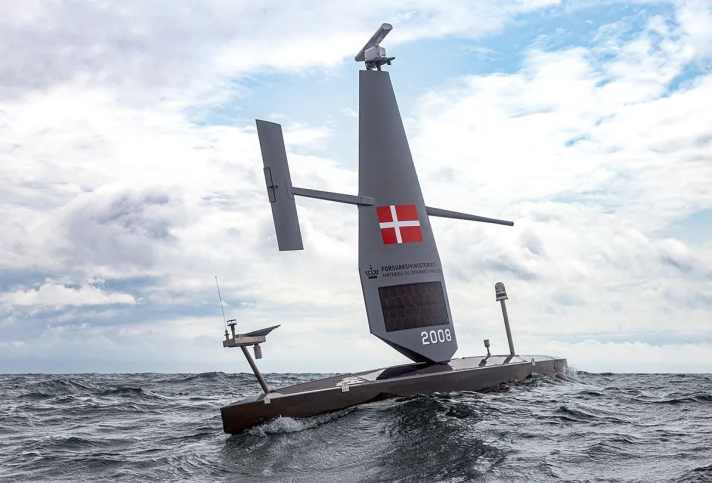
Result of the six-month test deployment of sailing drones in the Baltic Sea: Danish navy was able to identify 170,000 ships. Weaponisation as an option?
Knierim Yachtbau
New small series with a classic touch
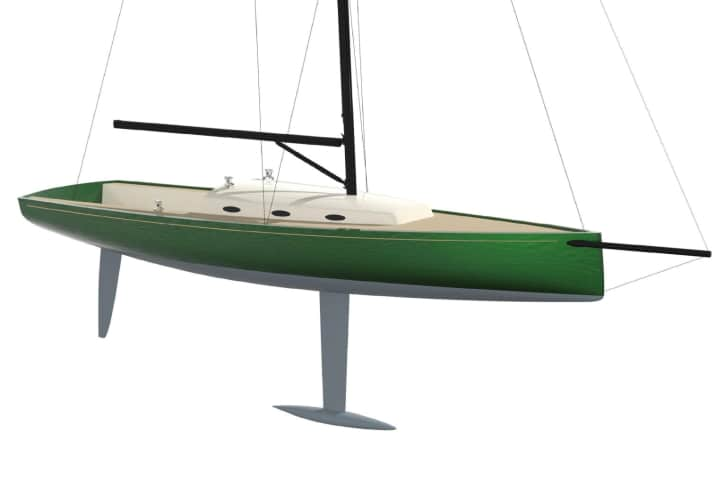
Knierim Yachtbau is currently building the prototype of a BM 31, which represents the start of a series of customised coastal cruisers.
Garmin quatix 8 Pro
Smartwatch for sailors, now with satellite SOS
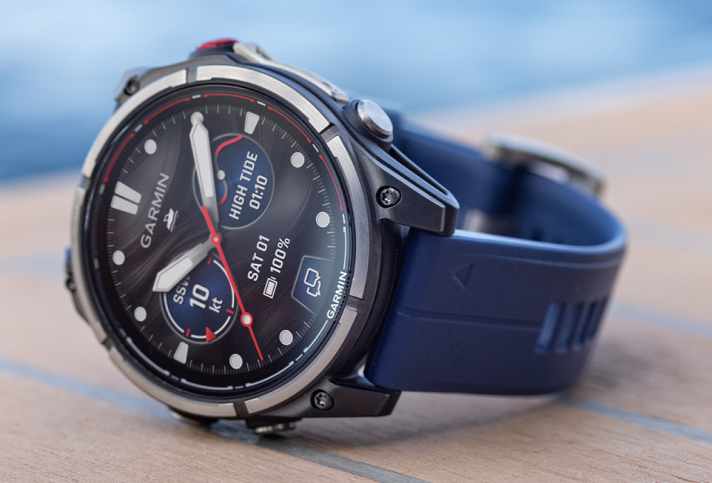
The quatix 8 Pro from Garmin combines smartwatch and satellite communication: inReach technology enables SOS emergency calls up to 80 kilometres off the coast - without a smartphone.
Peter von Seestermühe
The 90th birthday
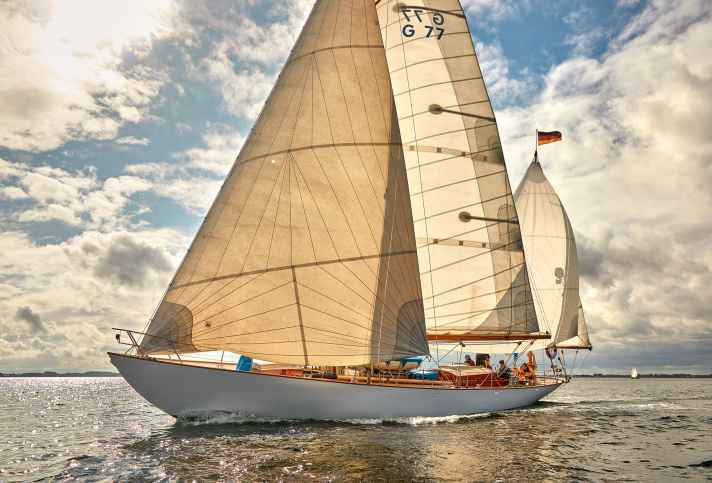
The steel yawl "Peter von Seestermühe" has been at home on the high seas since 1936. Owner Christoph von Reibnitz is currently preparing the classic yacht for her 90th sailing season, in which he will sail to the Caribbean for the 15th time with the Atlantic Rally for Cruisers.
Müggelsee
Historic ice yacht sails for the first time after complete restoration
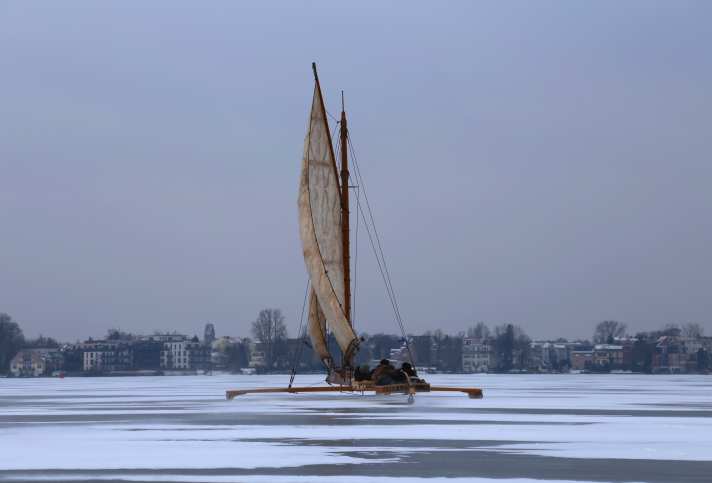
A Berlin family has brought the historic ice yacht "Papagena" back onto the ice. Completely restored, the 15-metre sled now sails across the Müggelsee.
Baltic Sea
Easterly winds cause historically low water levels - and an opportunity
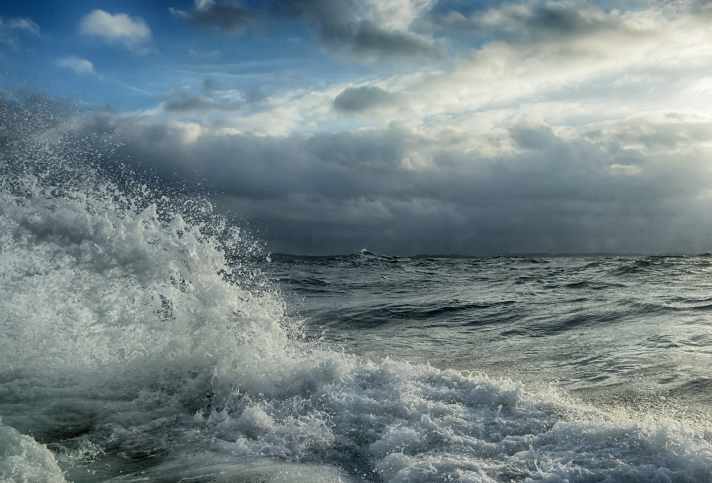
Long-lasting easterly winds are causing historically low water levels in the Baltic Sea. Scientists see this as a good opportunity to improve water quality.
Lake Constance
Tourist tax judgement sends out a signal - to the chagrin of sailors
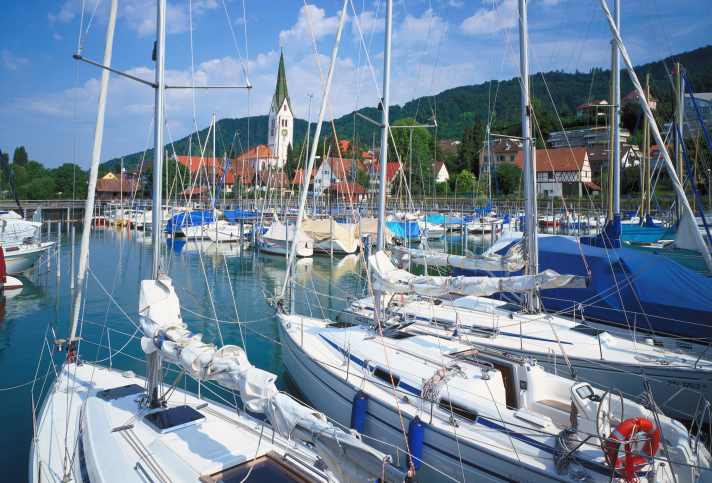
Kressbronn has won the legal dispute over the visitor's tax for boaters. This has prompted other municipalities on Lake Constance to want to collect the tax too.
Superyacht ranking
The 200 largest sailing yachts in the world

Our ranking shows the largest sailing yachts, from the 143 metre long "Sailing Yacht A" to the almost 50 metre long "Thalia". We provide data and designers, as well as brief portraits of the top 100. We also reveal which yachts are for sale - and at what price.
Circumnavigation
Pacific rendezvous: "Westward solo is brave!"
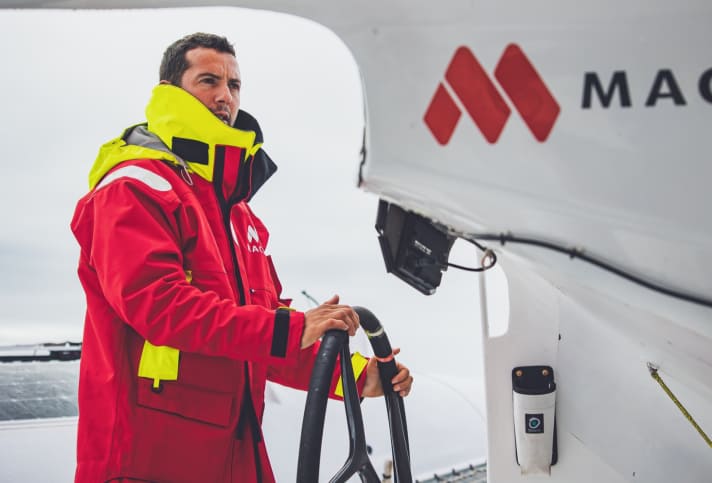
Sailing round the world "the wrong way round": Guirec Soudée sails around the world from east to west against the wind. The adventure and Ultim skipper is chasing a record from 2004.
Newsletter: YACHT-Woche
Der Yacht Newsletter fasst die wichtigsten Themen der Woche zusammen, alle Top-Themen kompakt und direkt in deiner Mail-Box. Einfach anmelden:

